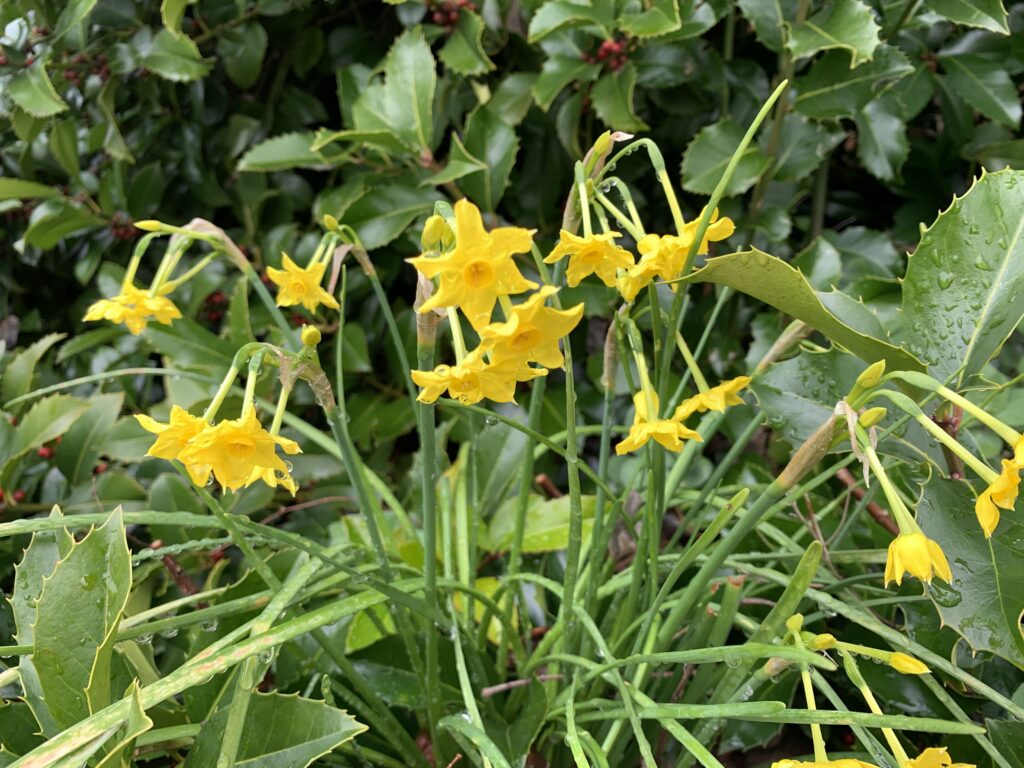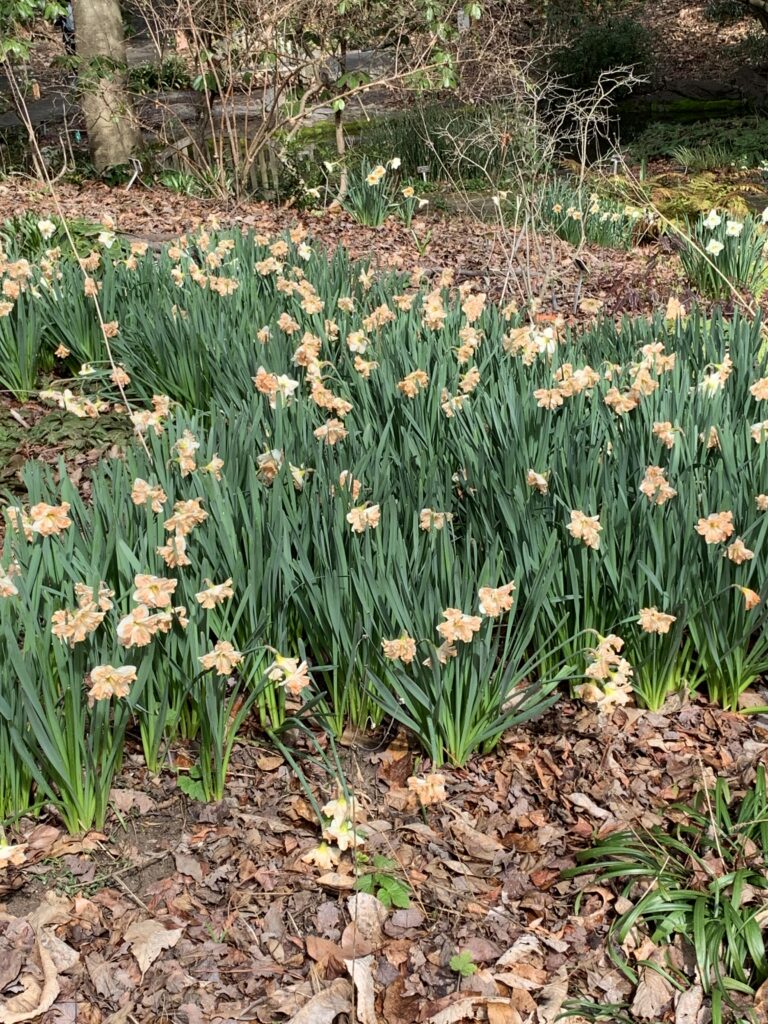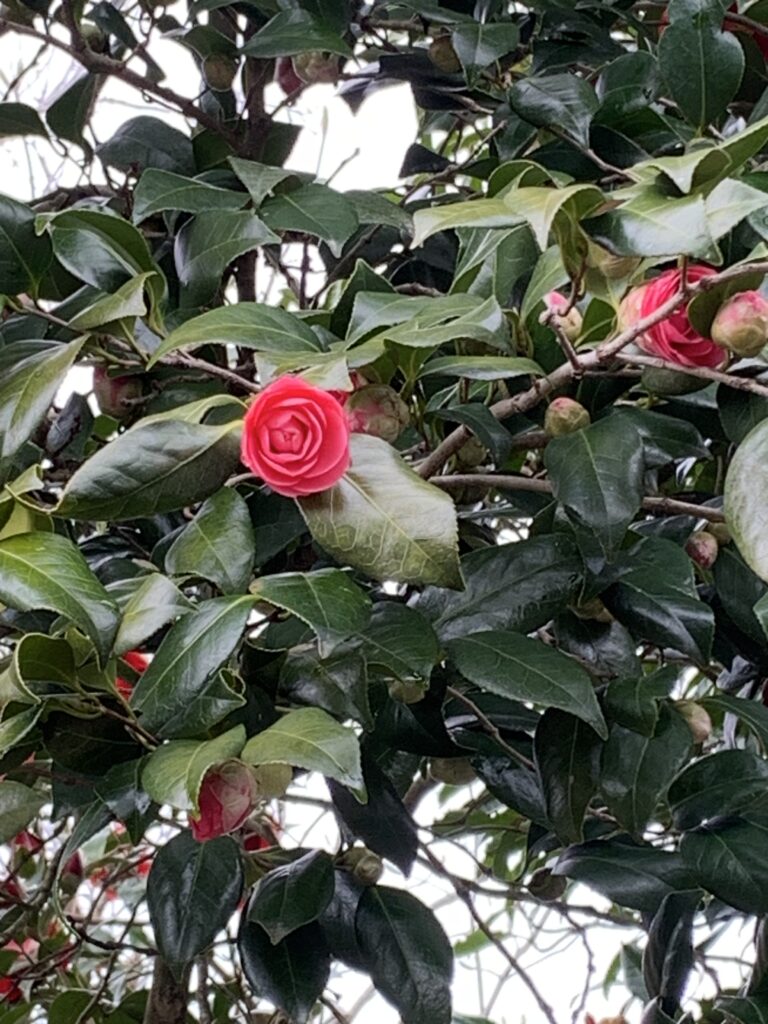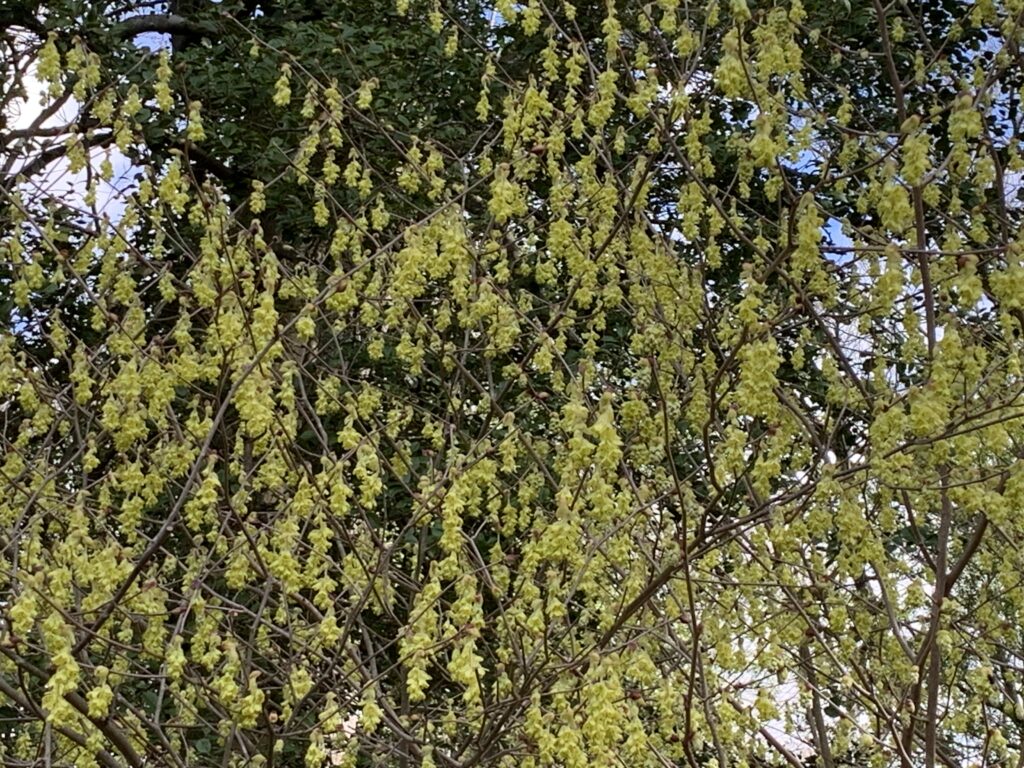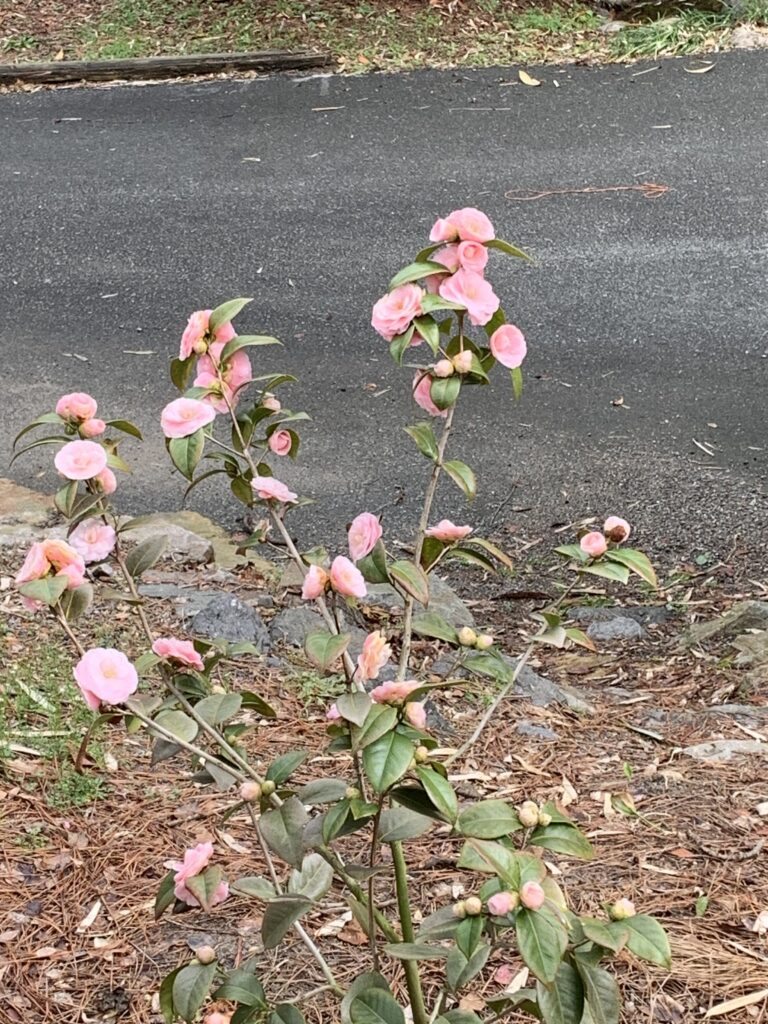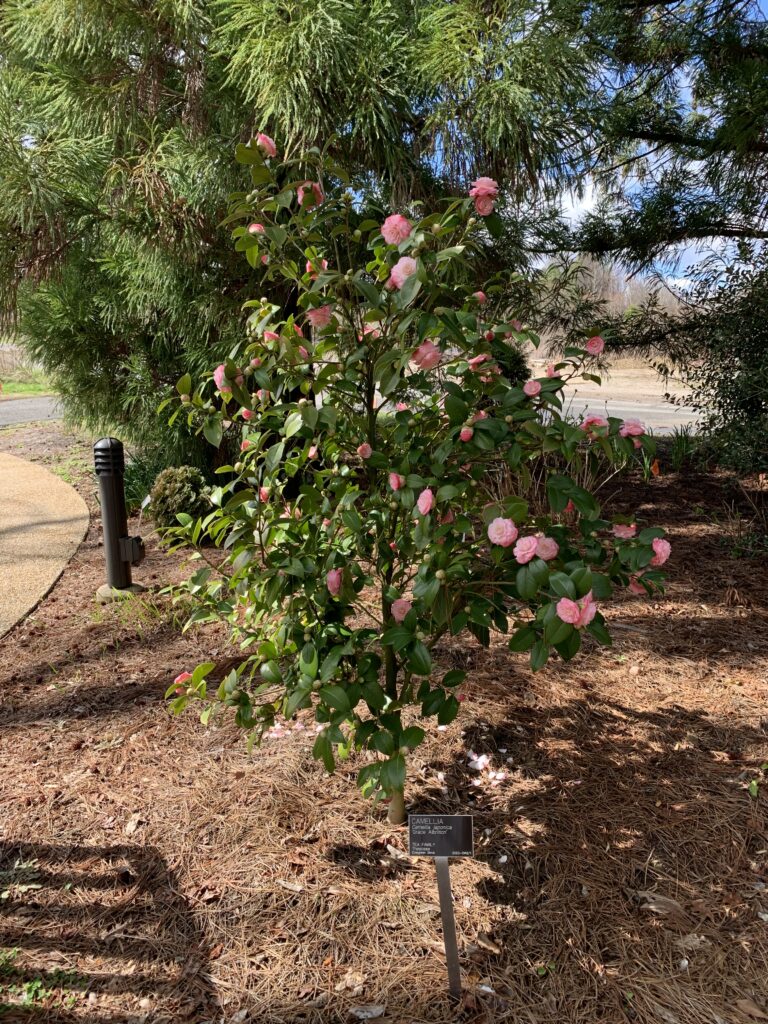Rob B. took pictures of these stunning blooms.
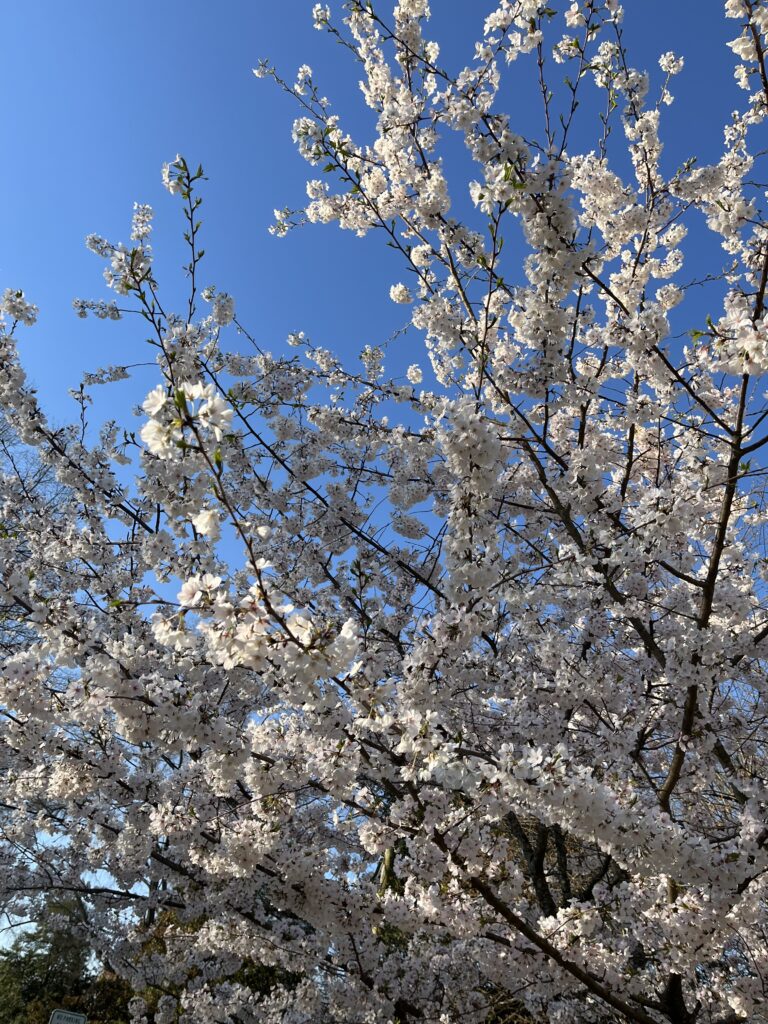
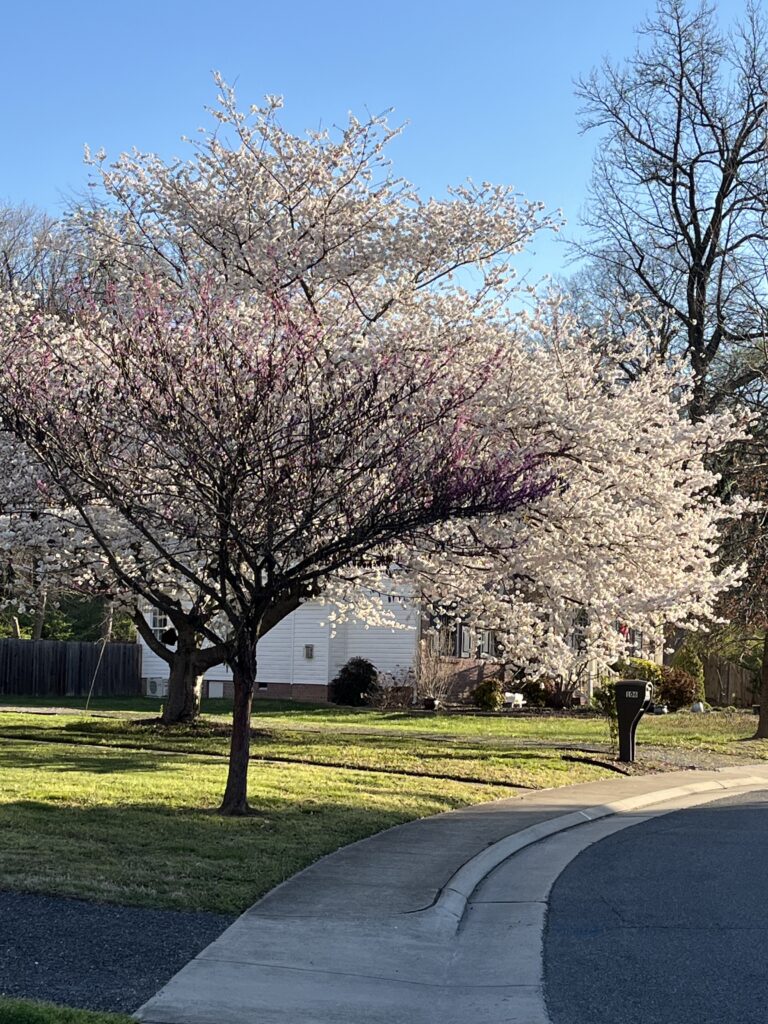
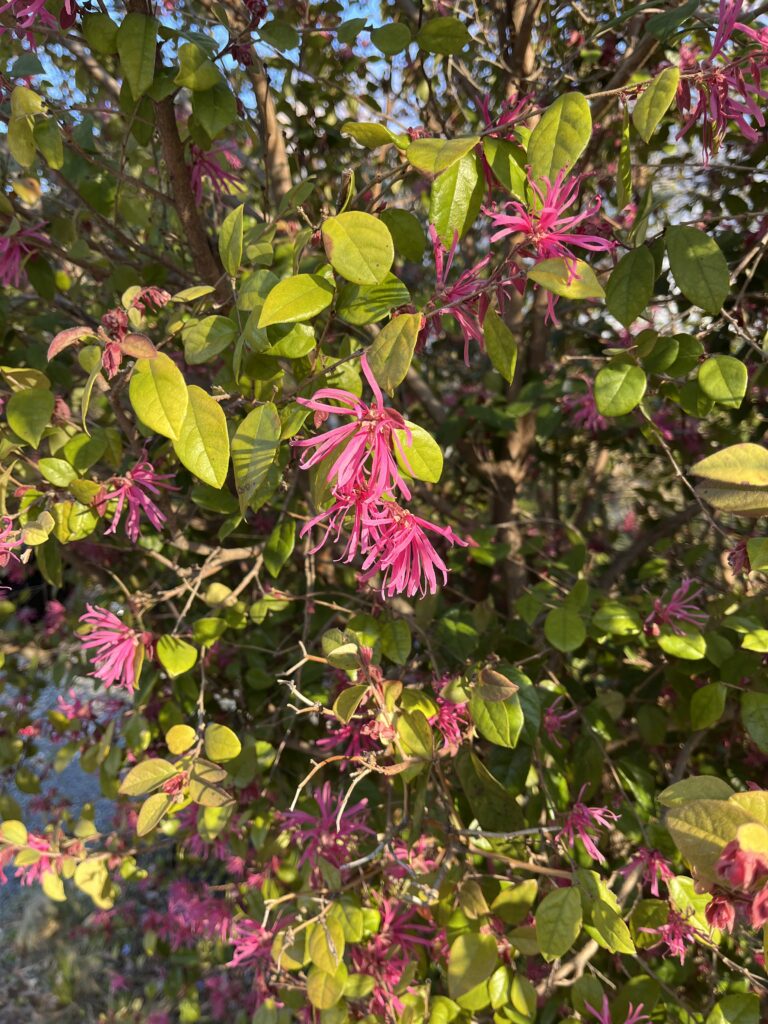
Rob B. took pictures of these stunning blooms.



ETHEL GRANGER MCDOWELL EARLEY CLARKE 1899 – 1976
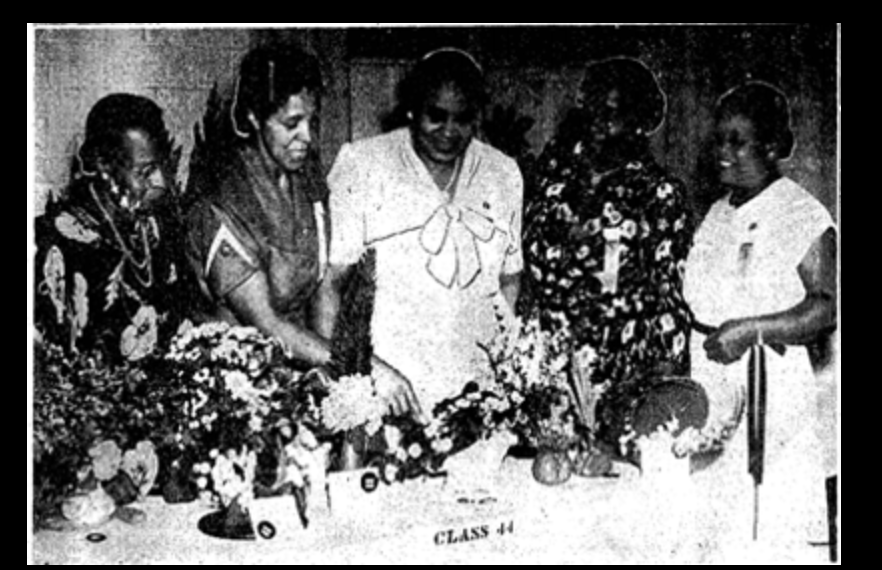
Ethel Clarke, center, judging at a Flower Show
Born in Roanoke, Virginia in 1899, Ethel Granger McDowell Earley Clarke sewed and reaped seeds of greatness despite her humble beginnings. The daughter of a railway laborer, Ethel was one of 11 children. In 1916 Ethel married David McDowell, who, like her father, worked on the railroad. McDowell was mostly absent during their marriage, so Ethel, who worked as a cook divorced McDowell in 1927. In 1929 she married again, this time to James Earley a hostler for the Norfolk & Western railroad.
It was during her marriage to Mr. Earley, a widower, who owned a home with a large yard within the Gainsboro community of Roanoke, that Ethel discovered her love of gardening and horticulture. She was listed as a “Homemaker” on the 1930 census, having quit her job as a cook and devoted herself to growing vegetables and flowers in her home garden.
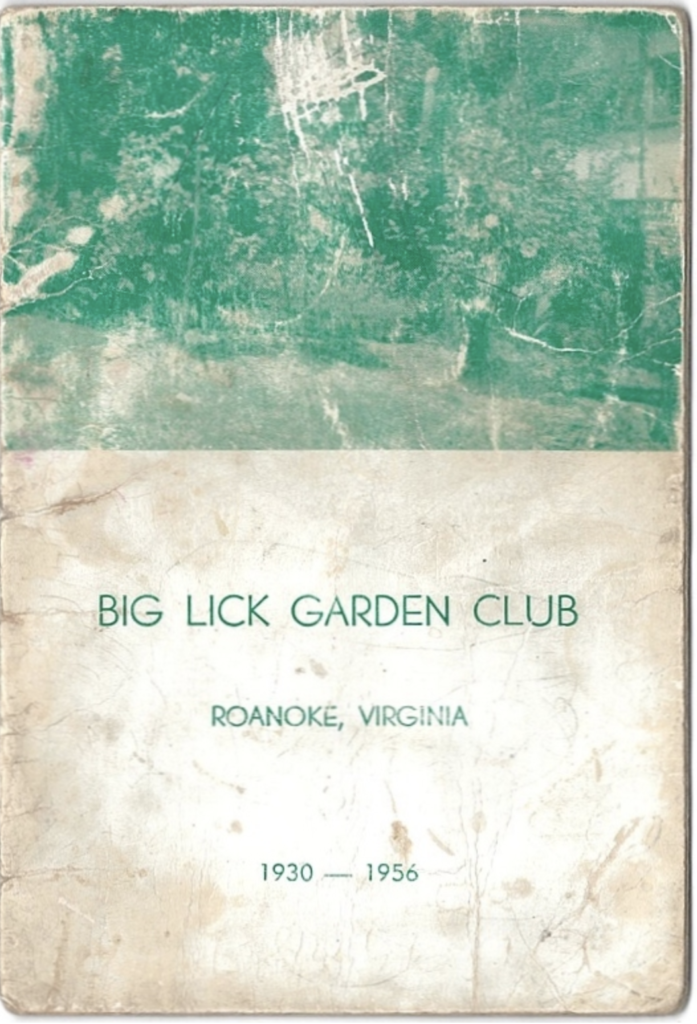
Ethel’s great enthusiasm for and prowess in horticulture made her well known throughout Gainsboro. She was renowned as a self-taught Master Gardener. In 1930 Ethel established the Big Lick Garden Club, which became a vital part of life in the Gainsboro community and Roanoke. Not only did they weed vacant lots, alleyways in Gainsboro but they participated other civic beautification projects in conjunction with the Roanoke Valley Garden Club. The Big Lick Garden Club also persuaded the City of Roanoke to donate a vacant Post Office to be used as a Community Center. She served several times as President of the Big Lick Garden Club, from 1930 – 1938, then 1939–1940 and 1951–1953.
In 1931 Ethel invited Asa Sims, renowned Hampton Institute (now Hampton University) horticulturist, to come and speak at a garden club meeting. Very impressed by Ethel’s gardening and horticultural talent, Sims invited her to participate in one of his pet projects: establishing the Negro Garden Clubs of Virginia. On April 21-22, 1932 a group of 18 garden club representatives, Asa Sims and William Mason Cooper, who worked for the Extension Service in Hampton, met at Hampton Institute and founded the Negro Garden Clubs of Virginia. Ethel was elected to be the first President, a position that she held twice.
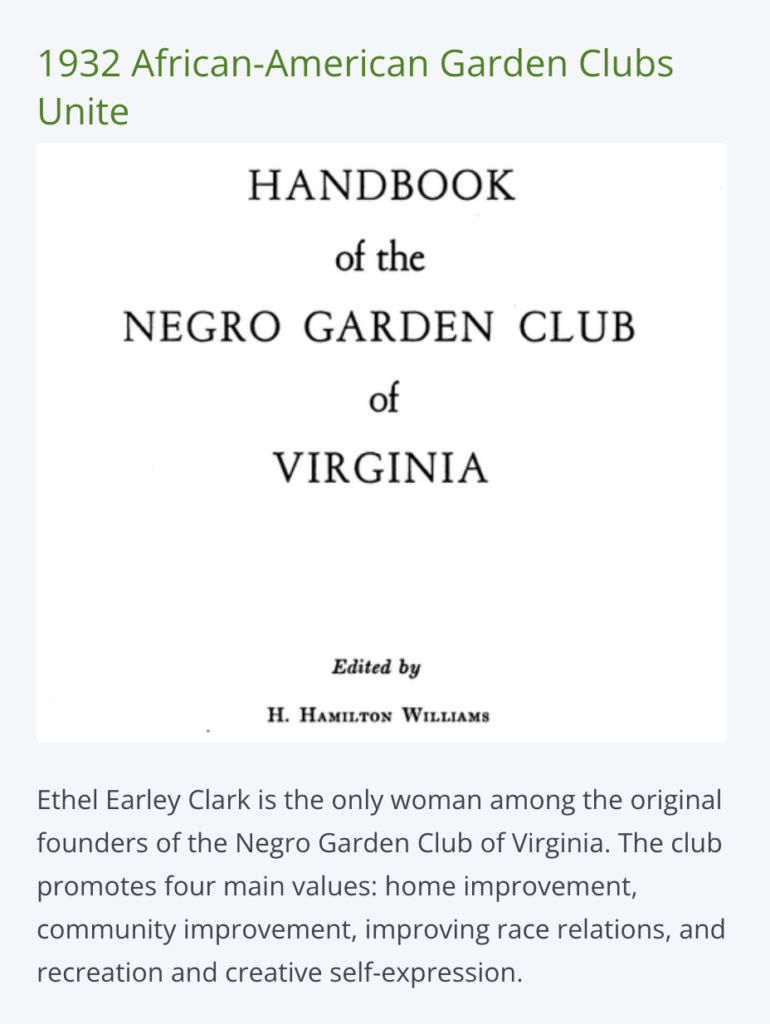
At first, there were only seven clubs comprising the Negro Garden Clubs of Virginia, but the idea of working together took root and grew exponentially. By 1942 there were 65 member clubs and by 1995 the number increased to more than 100.
According to Hampton’s Southern Workman, Ethel, in her position as President of the Negro Garden Clubs of Virginia, and later as a leader in gardening and horticulture, created “effective programs for community improvement, opportunities for leadership by women,” and supplied illustrations of “interracial cooperation.” As mentioned in the Dictionary of Virginia Biography’s listing for Ethel Granger McDowell Clarke, she led these women in beautifying neighborhoods, “and increased property values in racially segregated neighborhoods whose residents were denied the loans and financial support that white homeowners received, encouraged home and school garden initiatives in food deserts,….The Negro Garden Clubs built interracial cooperation into its mission, and its chapters bridged racial gaps by planning and hosting interracial garden club events during the Jim Crow age of segregation. The Negro Garden Clubs of Virginia facilitated networking, artistic expression, and education for women who were ordinarily excluded from such opportunities.”
In 1955 Roanoke’s Tribune put it very well, “the efforts of this organization can be felt all over the State of Virginia. Wherever there are garden clubs there is beauty.”
Throughout the 1950s Ethel continued her life of service supporting numerous civic and educational causes including the temperance movement early literacy programs, the Lula Williams Branch of the YWCA, the Hill Street Baptist Church and others. She also participated in writing to Virginia’s state legislators to support civil rights legislation in The Commonwealth.
James Earley passed away on January 1, 1957. In 1960 Ethel remarried, this time to Claude Lee “Cordie” Clark, to whom she was wed until his passing in 1972. Ethel passed away in 1976, leaving a legacy of excellence. She life was filled with compassion, good works and a passion to create and nurture beauty in the landscape.
As the Southern Workman so aptly described the efforts Ethel and others in the Negro Garden Clubs, “this movement, simple in its inception, has in many instances become the center of community progress.” Ethel and her cohorts were leaders in fostering garden clubs not only in Virginia, but throughout the United States.
Source Consulted:
Meredith Henne Baker, “Ethel Granger McDowell Earley Clark (1899–1976),” Dictionary of Virginia Biography, Library of Virginia (1998– ), published 2022 (http://www.lva.virginia.gov/public/dvb/bio.asp?b=Clark_Ethel_Earley, accessed March 26, 2024.
Garden Clubs Plant Seeds of Change-The Uncommonwealth uncommonwealth.virginiamemory.com/blog/2021/12/08/garden-clubs-plant-seeds-of-change/
Timeline of Women’s History in American Gardens – Smithsonian Institution
Frances D., “Beautiful Hermitage Rd is an explosion of white!”
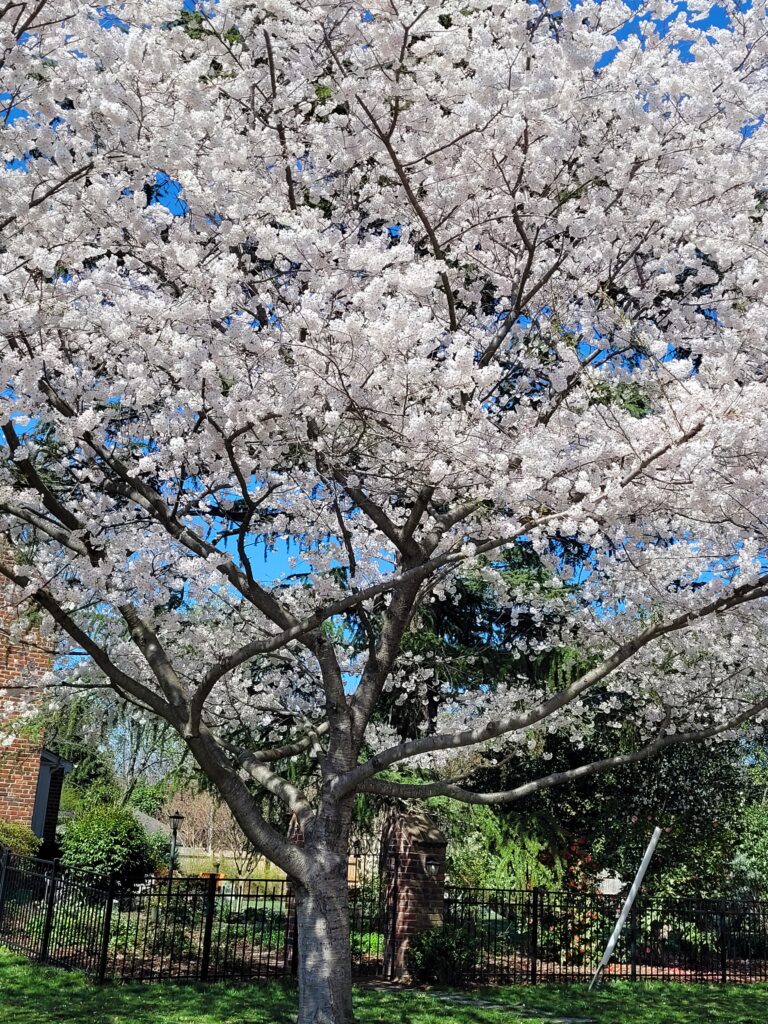
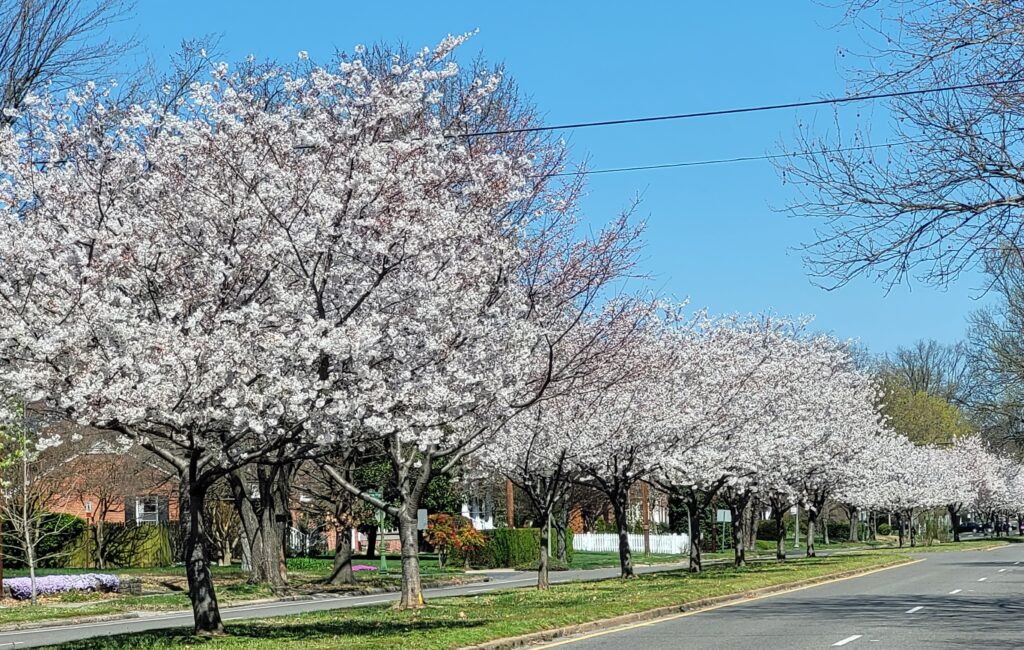
More sights at Lewis Ginter Botanical Garden
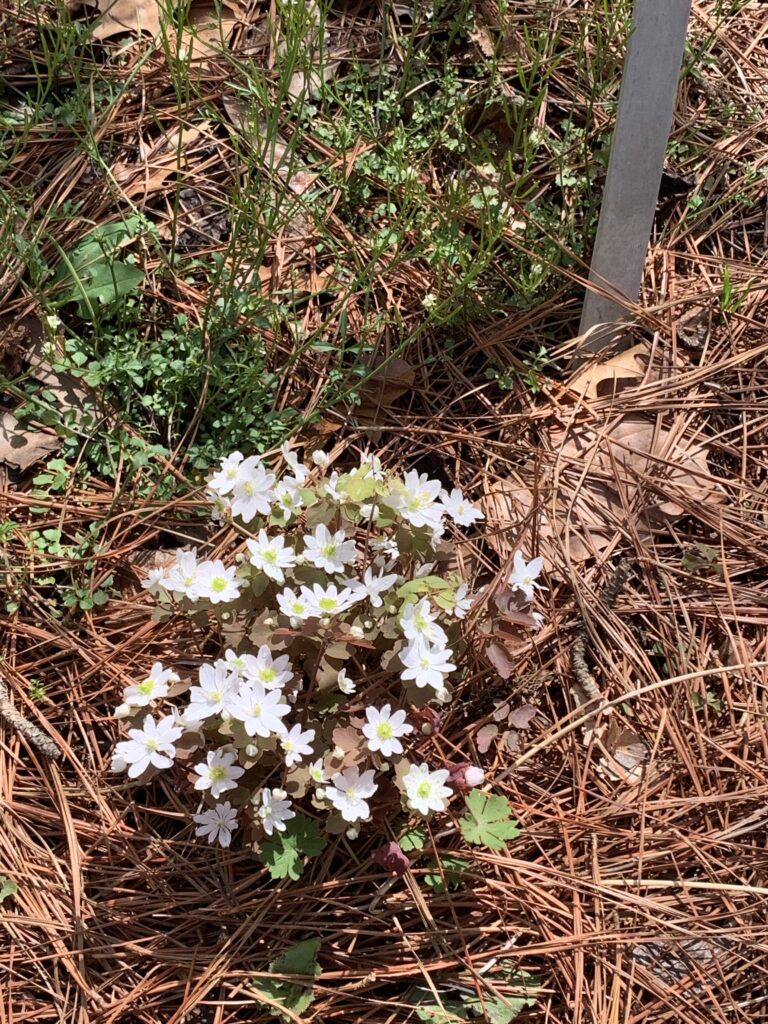
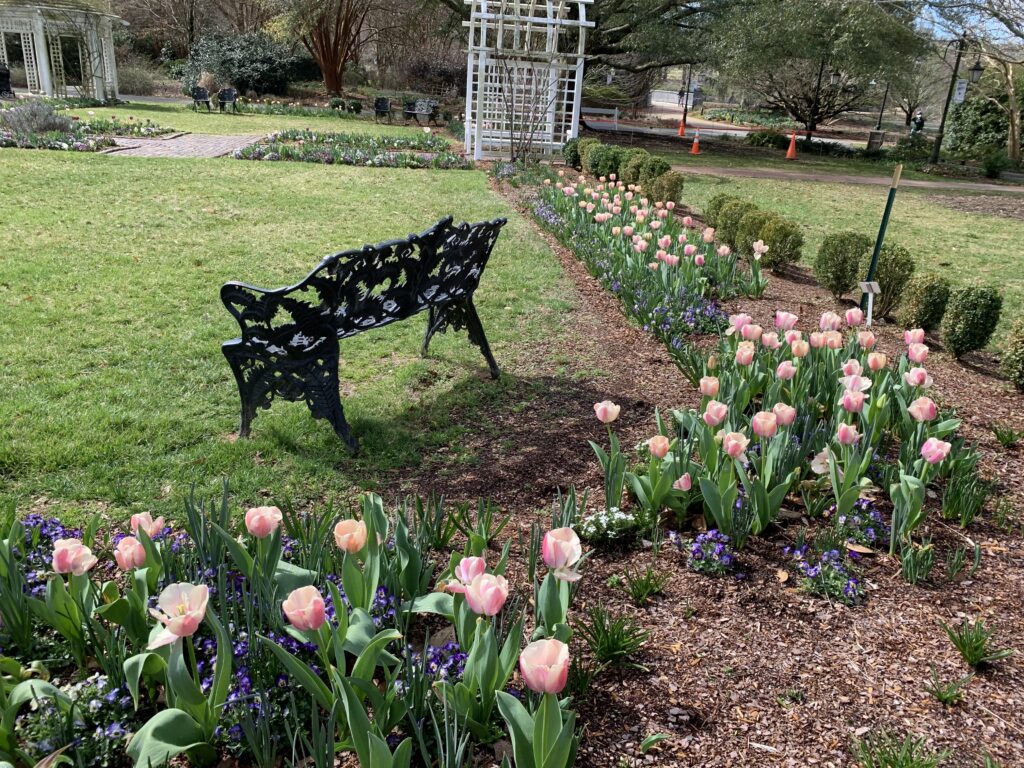
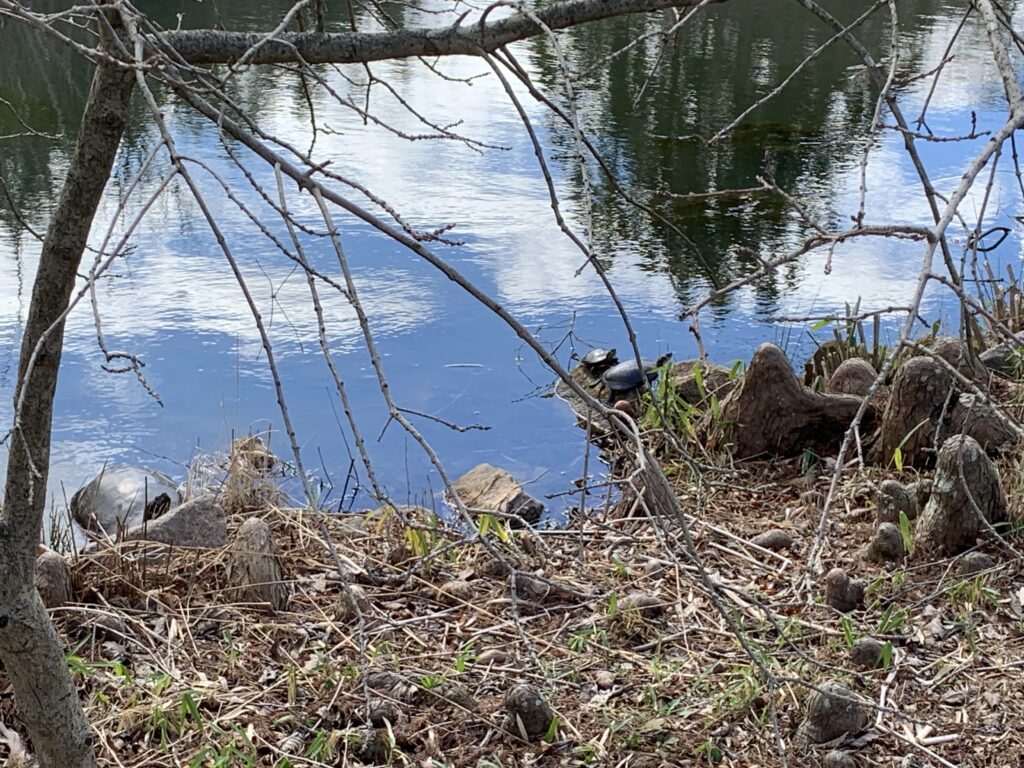
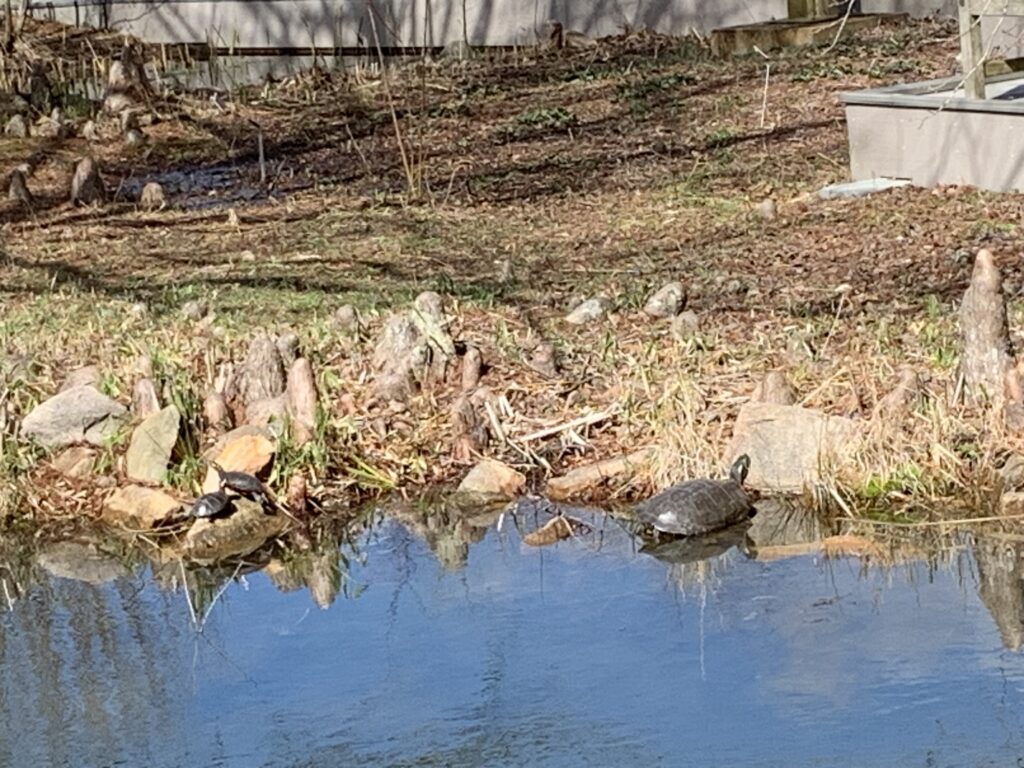
A recent visit to Lewis Ginter Botanical Garden revealed some new blooms….
